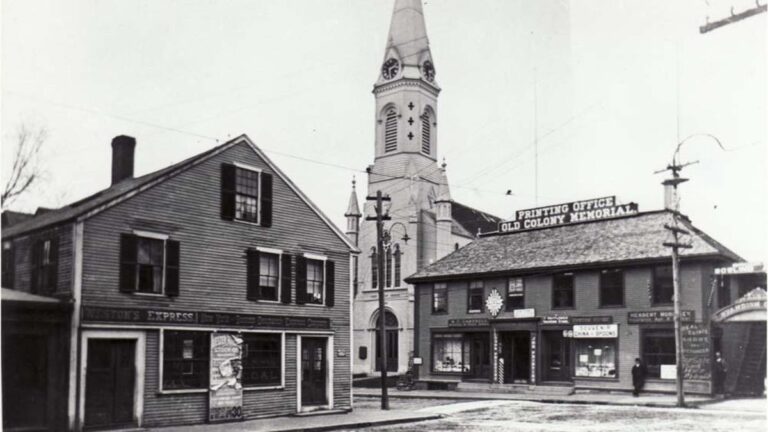Why the Supreme Court is listening to religious lawsuits, prayers at school
Why school coaches’ prayers on the soccer field arrived at the Supreme Court and what it means for the future of religious freedom.
Once the stern and pious stronghold of Puritanism, Massachusetts has now become something quite different: a flagship of secular modernity. According to a recent Pew Research Center study, published in February 2025, the number of Massachusetts adults identifying with organized religion has dropped precipitously—from 81% in 2007 to just 63% in 2023-24.
The sharpest decline has come within Christianity itself, falling from 74% to 52% over that same period. Meanwhile, non-Christian affiliations—Judaism, Islam, Hinduism, and others—have edged upward from 7% to 11%. But the most telling figure may be the meteoric rise of the religiously unaffiliated: those who describe themselves as atheists, agnostics, or believe in “nothing in particular.” Their share has more than doubled, from 17% to 37%.
This isn’t just a local quirk. Nationally, the Christian share of the adult population has fallen from 78% in 2007 to 62% today. But Massachusetts, in its famously progressive puritan fashion, is outpacing the trend. In fact, the Boston metropolitan area is even less religious than the rest of the state—with fewer than half its adults now identifying as Christian.
So what’s behind the exodus?
It’s not that belief in a higher power has vanished entirely. Pew data suggest many Americans—including a majority in Massachusetts—still believe in “God or a universal spirit.” What’s changed is the appetite for ritual, biblical authority, and clerical guidance. Attendance at religious services, daily prayer, and engagement with scripture have all declined sharply. In 2007, 40% of Massachusetts adults said religion was “extremely important” in their lives. Today? Just 26%.
In short: belief lingers; practice crumbles.
There’s a political dimension as well. Highly religious Americans still skew Republican. But in Massachusetts, where nearly 60% lean Democratic, religion holds less cultural sway. As early as 2014, a resounding 77% of adults here agreed that one could live a moral, value-driven life without believing in God—hardly a surprising conclusion in a state that is synonymous with the moral relativism and modernist tendencies of Democrat politics.
New England as a whole is comparable to Northern California and the Pacific Northwest as America’s least religious regions. Massachusetts, Vermont, and New Hampshire are among the top states where religiosity continues to fade into the background. Compare that to Mississippi or Alabama, where nearly 8 in 10 adults still identify as “highly religious,” and the cultural gulf is striking.
Massachusetts’ drift toward irreligion retains more than a hint of irony as the secular libertine shift away from inherited belief owes to a very Judeo-Christian concept- individual conscience. Many activist non-believers belittle the authority of ancient texts and instead elevate the authority of individual reason and lived experience- ideas that also have their genesis in Western Culture inside the Biblical texts.
Indeed, it’s not that questions of meaning, morality, and mortality have disappeared in the Northeast, it’s that they’ve simply moved out from under the pulpit and are being answered by the platforms of advanced capitalism- inside liberal corporate news platforms, pop music, social media posts, and Netflix tv shows.




